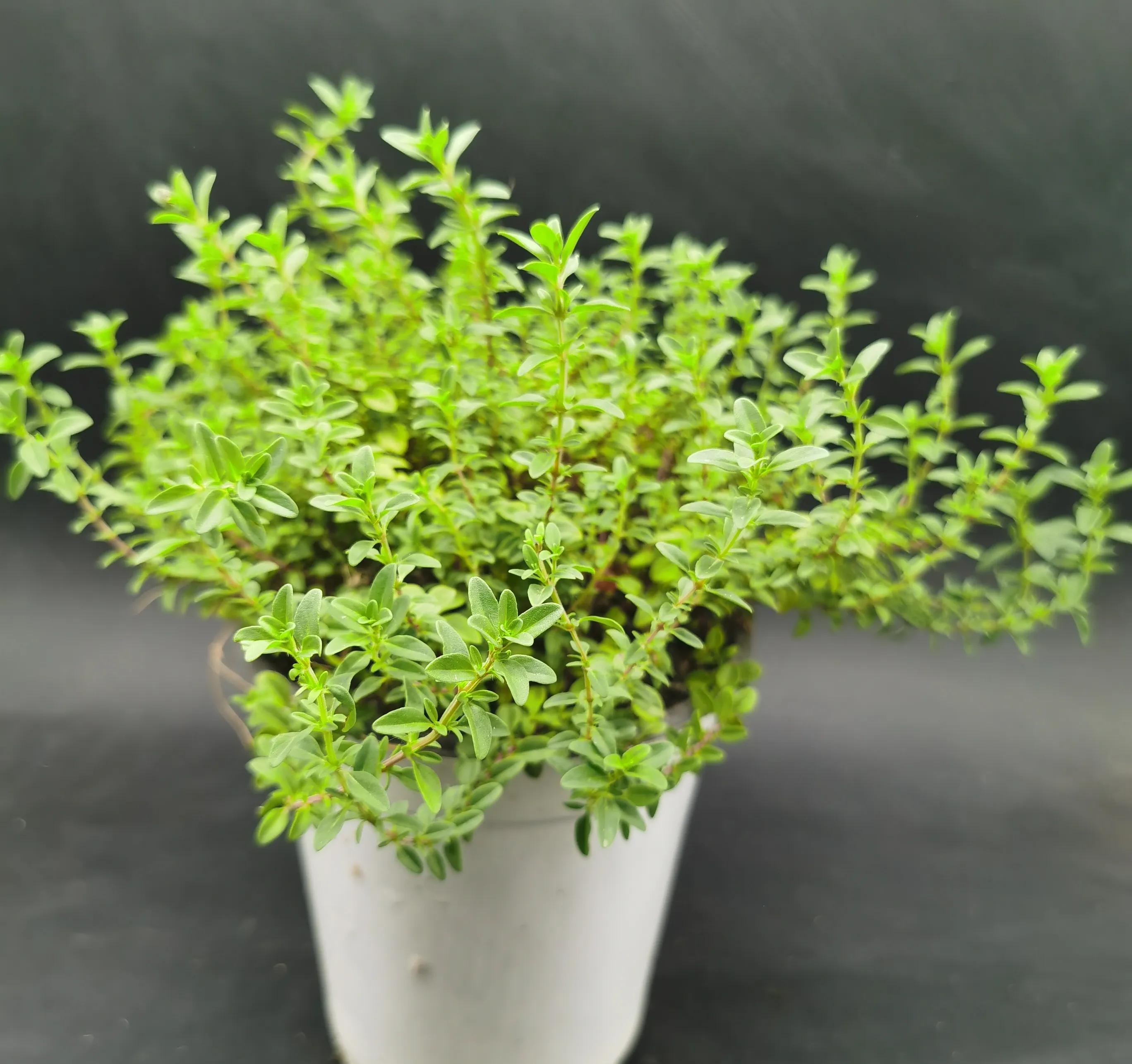Thyme is a perennial aromatic plant of the family Lipaceae, thyme genus, she is native to the Mediterranean, and is also distributed in the northwest region of China, we call her pepper, musk herb.

There are two ancient legends about the origin of thyme, one saying that she was transformed by the tears of Venus, the god of love, and the other saying that she was transformed by the tears of Helen, the beautiful woman who caused the Trojan War, and it seems that history has always favored beautiful girls, and their tears are also treasures in the world, which is enough to reflect the charm of thyme.
The flower language of thyme is courage, and in medieval Europe people often gave her to knights on the battlefield, meaning fearless and brave to kill the enemy.
In French vanilla cuisine, thyme is essential. Mix basil, rosemary, thyme, tarragon, and other dry spices into one piece, tie them with rope, or place them in a cooking bag. Add to stews, broths or other broths and simmer together. Thyme is also a key ingredient in Arabic and Mediterranean cuisine.
The natural preservative properties of thyme also make it a green harmless spice additive for meat sauces, sausages, stews and pickles, and it is also used as a seasoning for cheeses and wines made by the Romans.
It's easy to add thyme to your diet by sprinkling fresh leaves on poultry, meat and seafood. In salads, salad juices, soups, noodles..... can be added appropriately. Both her leaves and fruits can be used as a flavor or to add flavor. It is a vanilla that combines beauty and talent.